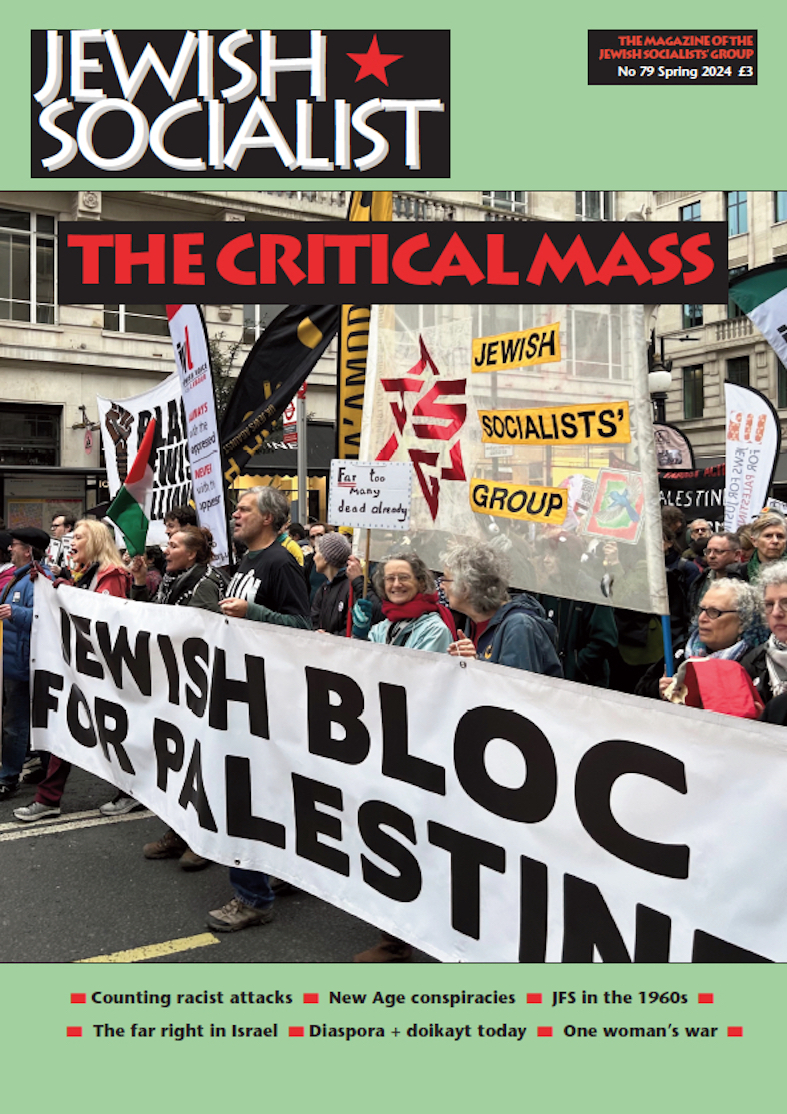Remember Szmul Zygielbojm!
He used every means, including his own life, to persuade the Allied powers to take extraordinary action to save the remaining Jews in Poland, but they had other priorities.

I cannot remain silent. I cannot live while the remnants of the Jewish people, whose representative I am, are being exterminated. My comrades in the Warsaw Ghetto perished with their weapons in their hands in their last heroic battle. It was not my destiny to die as they did, together with them. But I belong to them and in their mass graves.
By my death I wish to make the strongest possible protest against the passivity with which the world is looking on and permitting the extermination of the Jewish people …
My life belongs to the Jewish people in Poland and, therefore, I give it to them. I wish that the surviving remnants of the several millions of Polish Jews could live to see, with the Polish population, the liberation that it could know in Poland, in a world of freedom and in the justice of socialism.
T hese are extracts from letters left in his Paddington flat by Polish Jewish anti-fascist and trade unionist, Szmul “Artur” Zygielbojm, who committed suicide as an act of protest on the night of 11th – 12th May 1943.
hese are extracts from letters left in his Paddington flat by Polish Jewish anti-fascist and trade unionist, Szmul “Artur” Zygielbojm, who committed suicide as an act of protest on the night of 11th – 12th May 1943.
From March 1942 he had served as the Jewish Workers’ Bund representative on the National Council of the Polish Government in Exile in London. He had been smuggled out of Poland in January 1940 with the task of conveying what was happening to Jews under Nazi occupation to those in the West with the power to act. Receiving information through underground networks, Zygielbojm used every means at his disposal to share this information and call for action. He sent telegrams to world leaders, wrote to politicians, diplomats and the press, broadcast on BBC radio, and spoke at countless meetings.
After the failure of British and American diplomats of the Bermuda Conference, which began on 19th April, to agree to take action to save Jews, and the crushing of the three-week long Warsaw Ghetto Uprising that began on the same day, Zygielbojm undertook the only action that he thought might make a difference. He was 48 years old.
In 1996, an initiative by the Jewish Socialists’ Group and surviving Bundists in London succeeded in mounting a memorial plaque to him on Porchester Road, Paddington, close to where he lived. Members of his surviving family, including his grandsons Arthur and Paul, helped to unveil the plaque, together with the Polish Ambassador Ryszard Stemoplowski.
Szmul’s grandson, Arthur Zygielbaum, now in his mid-70s and based in Nebraska, was one of our international contributors at a Jewish Socialists’ Group political and cultural Zoom event held on 30th April to mark the 80th anniversary of both the Warsaw Ghetto Uprising and Zygielbojm’s suicide. He spoke about his grandfather’s courage and his universal messages for our own times.
Other contributors included Irena Klepfisz, live from New York, but born in the Warsaw ghetto in 1941. She spoke very movingly of role of Bundists in particular in this period, and recited her poem Dedications to Bashert. Bilingual Yiddish/English singer and musician Daniel Kahn, based in Hamburg, played two songs live, and Zuzanna Hertzberg, zooming in from Warsaw itself, described the powerful initiative she led on the site of the ghetto on 16th April this year to commemorate the resilience and everyday heroism of the enslaved and starved civilian population in the ghetto. There were contributions too, from Jewish Socialists’ Group members Sue Levi Hughes, Ruth Lukom, David Rosenberg and Julia Bard who chaired the event.
Photos
Top: memorial to Szmul Zygielbojm on the site of the former ghetto in Warsaw. Credit: Ruth Lukom.
Above: the plaque to Zygielbojm in London; Szmul with his son, Yosl, 1924.
Posted: 11 May 2023
Events
- JOIN THE JEWISH BLOC ON THE GAZA PROTEST
27 April 2024, London
March with the Jewish Bloc for Palestine at this week's national demonstration for Gaza.
Jewish Socialist magazine
JS79 out now:
Counting racist attacks
New Age conspiracies
The far right in Israel
Diaspora + doikayt today

